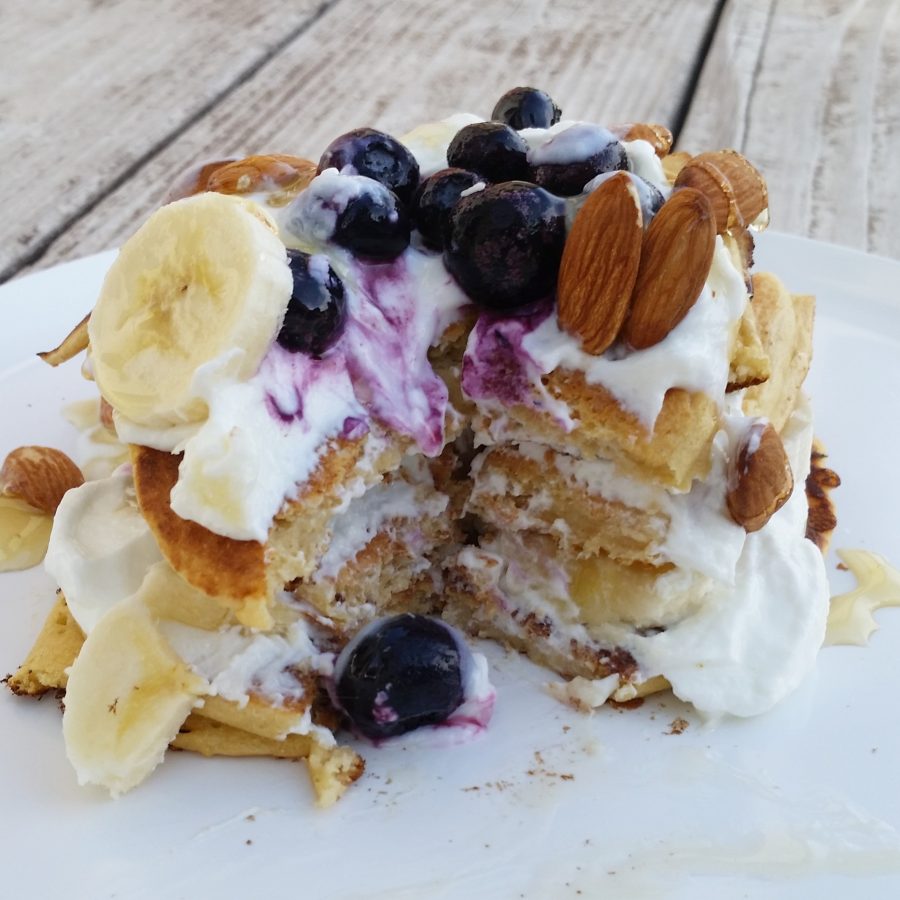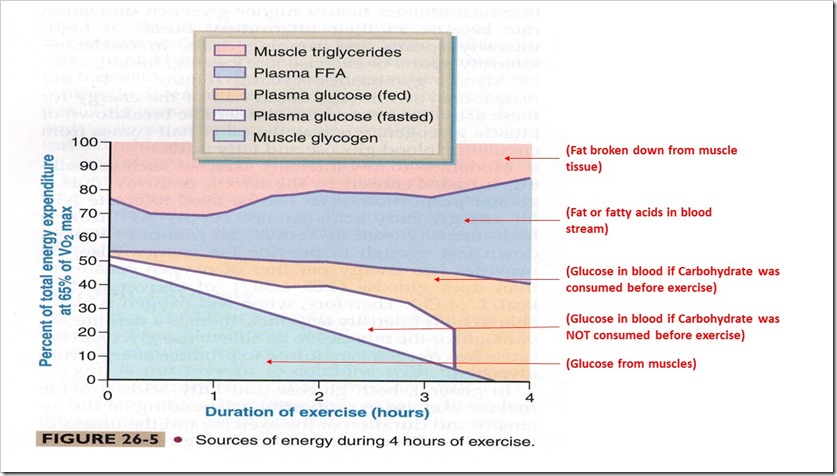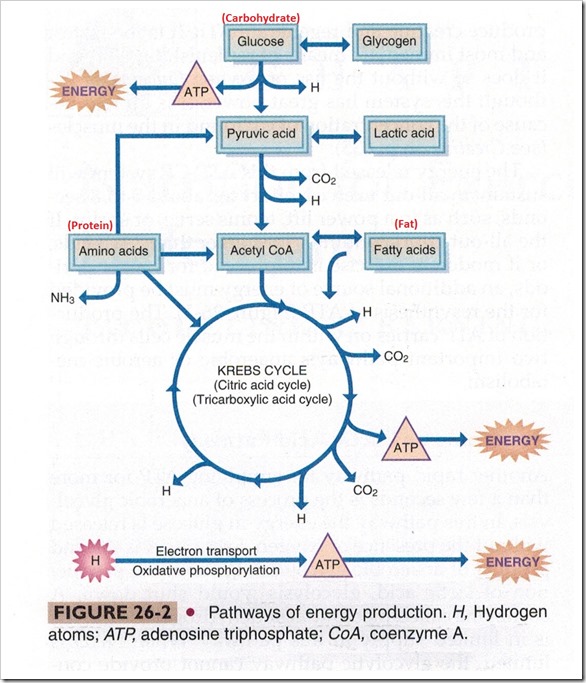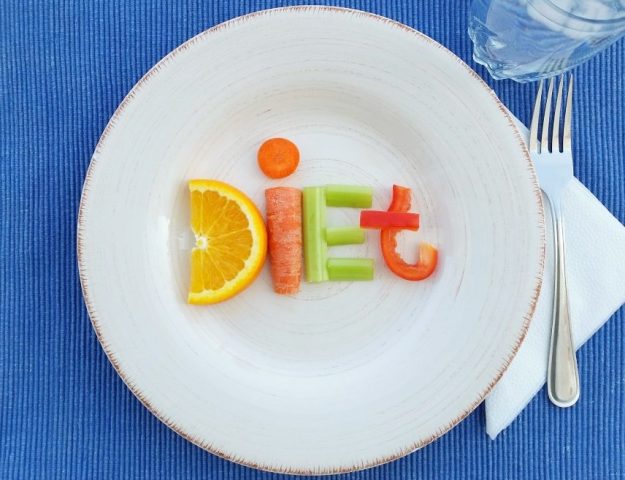Keto, Paleo, Atkins, and other Low-Carb Diets

Carbohydrates are found in foods like breads and grains, starchy vegetables like potatoes and corn, and sugary foods like candy. Fruits contain carbohydrate in the form of fructose. Dairy products contain carbohydrate in the form of lactose. God blessed our Earth with plants and animals which provide essential carbohydrates for our health, and He wants us to eat them. However, in the last decade or so, there has been a wave of diets promising weight loss through limiting carbohydrates. Society has started to view the consumption of carbohydrate as a sinful indulgence. Why all the fuss about carbs?

The Science of Low-Carb
When we burn energy throughout the day and during exercise, it is done in a specific order. First, the bulk of carbohydrates or sugars in our cells are used for energy. Once depleted, the body depends on fat stores to supply energy. Only in extreme cases such as very long periods of exercise or starvation does the body start burning into protein stores. Protein is largely stored in muscle tissues, so when broken down for energy, it causes atrophy (wasting) of the muscles. When there is little to no carbohydrate in the cells to be burned, the body goes straight to the fat-burning phase. The low-carb diet limits carbohydrates yet provides TONS of protein in the form of meat and animal products in order to ensure no carbohydrate or protein is used for energy. Sounds like a quick way to burn lots of body fat, right? Well, sort of. Initially.
Image from Krause’s Food, Nutrition. & Diet Therapy, 2004
Dieting Long-Term
The most efficient and preferred source of energy for our bodies is glucose. Glucose is a simple sugar, broken down from carbohydrates. The only source of energy which can fuel the brain happens to be glucose, and the majority of the 200 grams of carbohydrate required to properly fuel our bodies each day is used by the brain. The body has an amazing mechanism which recognizes when there is not enough glucose to feed our brain and muscles. It triggers the “starvation mode” and starts to break down glycogen stores (glucose storage) from the liver and pump glucose into our cells. Our metabolism then begins to slow down. The body adjusts to having less glucose available for energy, so it slows down the energy-making factory! That’s when the weight loss begins to taper and plateau.
Below is a diagram of what the “energy-making factory” looks like in our bodies. It is not important to understand all the chemical jibberish. Just focus on the words in red and notice that protein, fat, AND carbohydrate are all necessary and crucial components to creating and sustaining energy in our bodies… that’s all.
Image from Krause’s Food, Nutrition. & Diet Therapy, 2004
Have you ever met someone who is on a low-carb diet? Have you been on one yourself? Did you notice the decline in energy? Or, worse yet, did you notice how cranky they/you were?! Now you know why! No carbs=no energy.
At this point, an aggravated dieter will decide to stop the no-carb diet since it seems to have stopped working. Or, maybe they finally succumb to the overwhelming cravings and eat a day’s worth of carbs in one sitting. (Trust me, I have been there before.) Upon returning to eating carbohydrates again, guess what happens? The energy-making factory which has been slowed down continues to slowly use the influx of carbohydrates now fed into the system. It uses very little and then stores the rest for future use in the case of “starvation mode” hitting again. After more and more carbohydrate is eaten, the stores turn into fat and the poor dieter has now gained all, if not more, of the weight back that was lost on the low-carb diet.
Some Sound Advice
So, ask yourself: Is this a diet I can stick to for the rest of my life? If not, what is your motivation for starting it? Knowing you will most likely gain the weight back, does it really seem feasible to deprive yourself, only to have no lasting success?
Here is my advice in a nutshell: don’t diet. Evaluate how much processed food you are eating, and make adjustments if necessary. Enjoy a wide variety of whole grains, fresh fruits and vegetables, lean protein and dairy products. And, if you are looking for a great book to read about HOW to ditch the diets, try Intuitive Eating. Its principles have become the largest contributors to how I feel about diet and nutrition.
Keep reading, and I will teach you how.
Featured Product
(Includes Affiliate Link)





